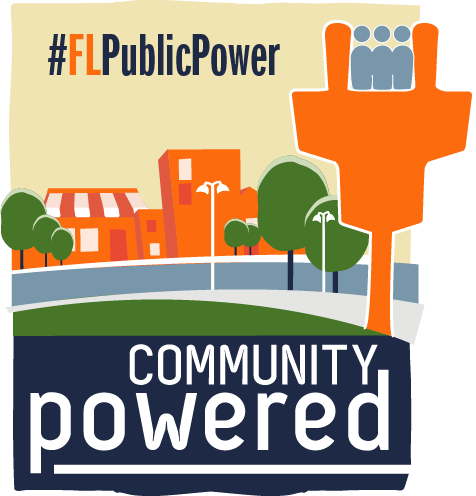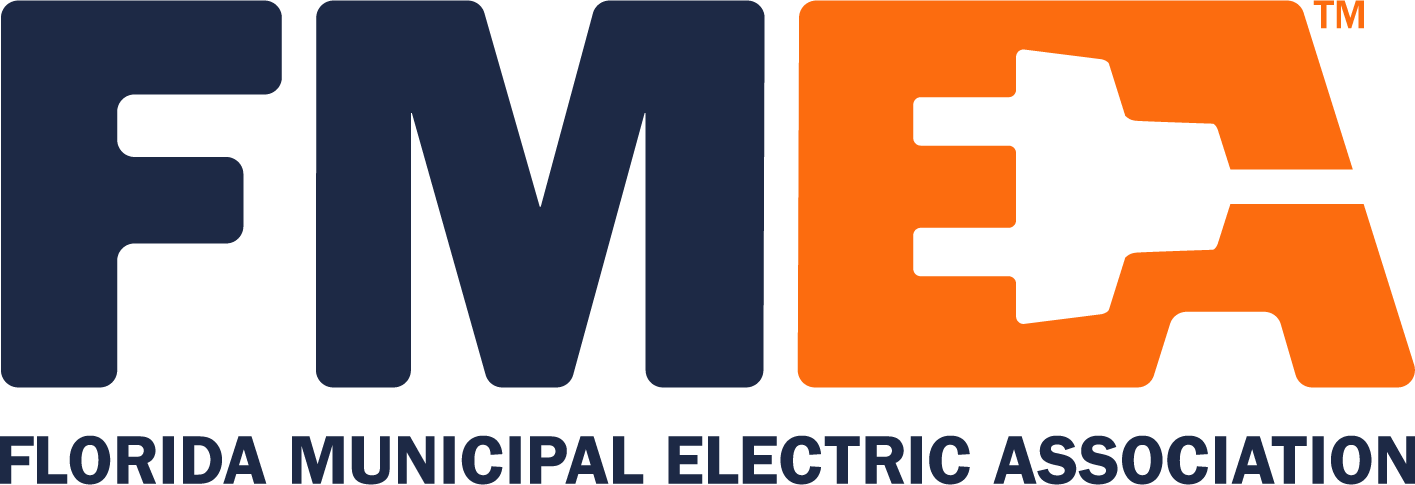Gainesville Utility Revamp Challenged
 Article reposted with permission from The News Service of Florida.
Article reposted with permission from The News Service of Florida.
Arguing that a new Florida law violates First Amendment and other constitutional rights, a non-profit group and Alachua County residents have filed a federal-court challenge to an overhaul of the electric utility in the Gainesville area.
The group Gainesville Residents United and six individual plaintiffs filed an 88-page lawsuit Monday seeking to block the law (HB 1645), which Gov. Ron DeSantis signed last week.
The law creates the Gainesville Regional Utilities Authority to replace the longstanding Gainesville Regional Utilities agency. While the authority will be a unit of Gainesville city government, the City Commission will not control or direct it.
The governor will appoint the authority’s board members. Also, the bill, sponsored by Rep. Chuck Clemons, R-Newberry, will limit transferring money from the utility to the city. Gainesville Regional Utilities also has provided services such as water and natural gas.
The challenge includes a series of federal and state constitutional arguments, but a key issue is part of the law that the plaintiffs contend will improperly restrict speech rights. That part of the law says the authority “shall consider only pecuniary factors and utility industry best practices standards, which do not include consideration of the furtherance of social, political or ideological interests.”
Attorneys for the plaintiffs wrote that members of the public in the past have petitioned the City Commission on issues such as “rates and services for low income people and social issues such as environmental safety, racial fairness in infrastructure and living wages for GRU (Gainesville Regional Utilities) employees.”
“The special (new) law eliminates plaintiffs’ and others’ rights to petition the board for redress of grievances pertaining to social, political, environmental, and ideological issues that are inherent in the operation of a utility system,” the lawsuit said. “Even if the authority allowed plaintiffs or others to address them with respect to ‘social, political or ideological interests,’ the authority is legally prohibited from taking any action in response.”
The plaintiffs’ attorneys also alleged that the law “imposes an unconstitutional prior restraint upon plaintiffs’ right of free speech because it prescribes in advance the communications which may be addressed by or to the authority; it prohibits in advance any communications associated with various ‘social’ issues; and it affords undue discretion to the authority to determine what speech falls into vague content-defined categories and which speech is deemed to ‘further the fiscal and financial benefit of the utility system and customers.’”
The law emerged during this spring’s legislative session after Republican lawmakers repeatedly questioned transfers of money from municipal utilities to bolster city budgets, in part because many utility customers live outside the boundaries of the cities.
The House considered a bill that would have applied to municipal utilities throughout the state, but lawmakers ultimately passed the narrower measure focused on Gainesville. Clemons, who played a key role in the debate, is House speaker pro tempore, making him a top lieutenant of Speaker Paul Renner, R-Palm Coast.
Plaintiffs in the lawsuit include former Alachua County Commissioner Robert Hutchinson and former Gainesville City Commission members Susan Bottcher and Joseph Little. It names as defendants DeSantis, Attorney General Ashley Moody, Secretary of State Cord Byrd and the city of Gainesville. The case has been assigned to U.S. District Judge Allen Winsor.
 Enter your email address in the
Enter your email address in the 